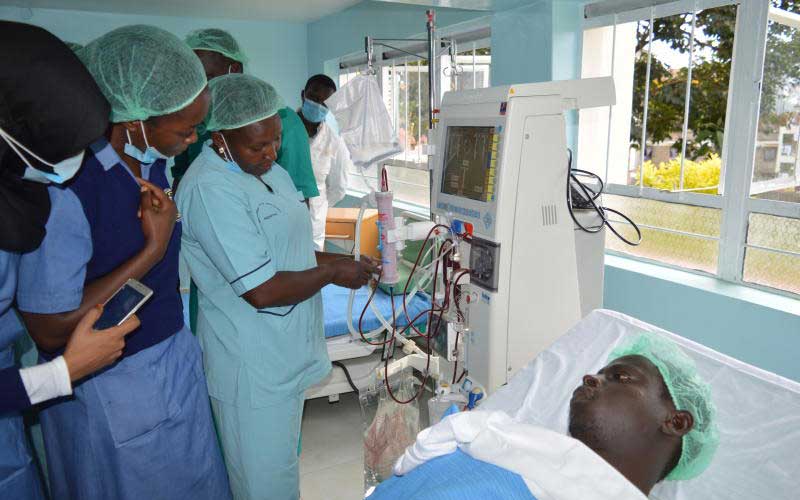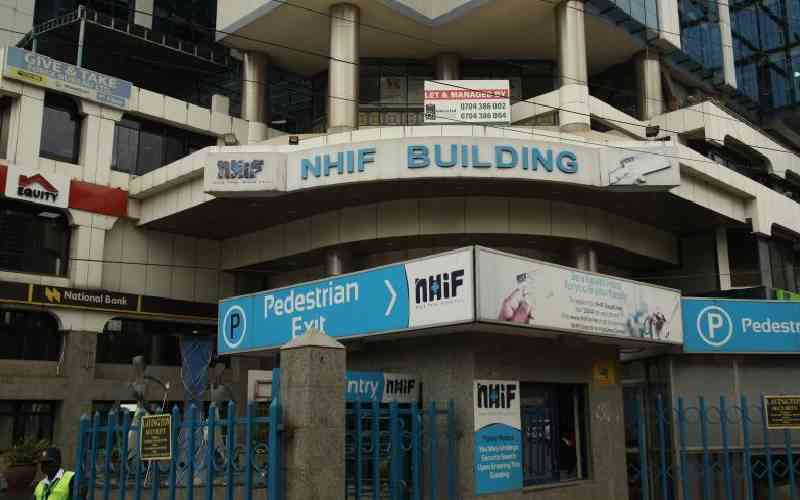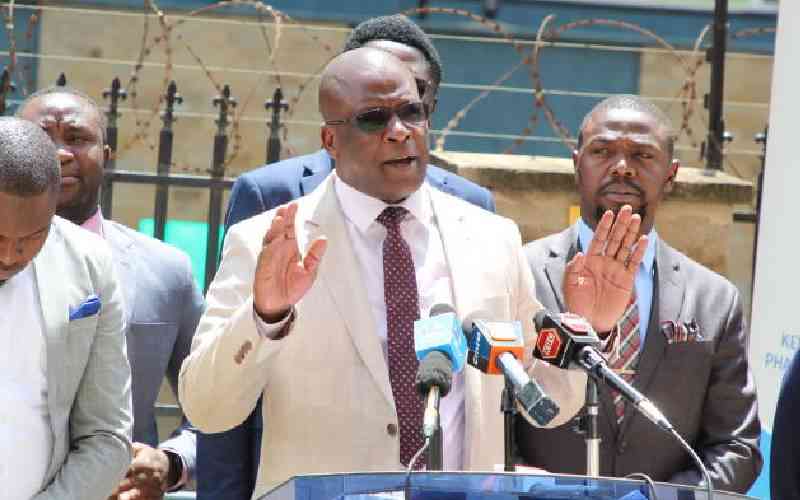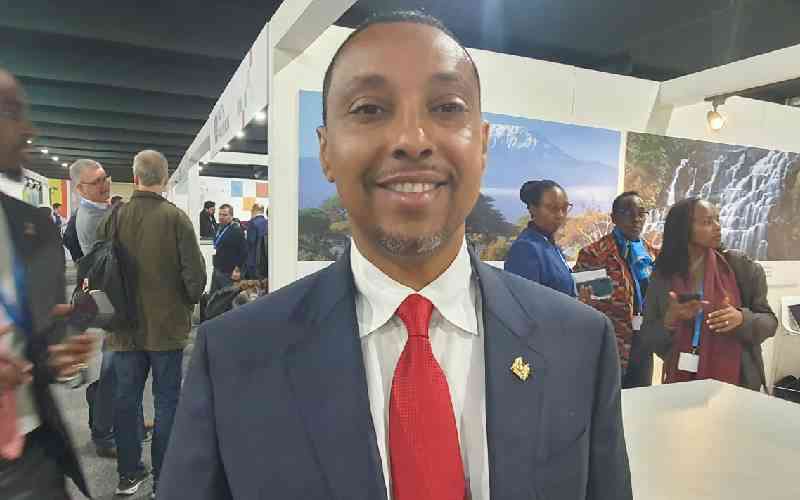
The Ministry of Health is in the eye of a storm following revelations by the Senate that the cost of some items supplied under the Managed Equipment Service (MES) could have been overpriced.
Counties now fear that the deal which expires in two years could be extended despite the unresolved audit questions.
Earlier this week, one of the service providers disowned the price list the Ministry presented before the Senate Ad Hoc Committee that is investigating the deal.
Phillips Medical Systems which was contracted to supply Intensive Care Unit (ICU) equipment for Sh3.6 billion disowned the ministry’s figure of Sh4.5 billion raising questions over the Sh900 million difference.
Philips Business Development Director Roelof Assies stated: “The individual item is separately priced, and our numbers and quantity stated as well. We are not aware of the list tabled by the ministry.”
It is now emerging that the prices were inflated. The market price for a theatre spotlight is Sh1,900, while for the patient trolley whose market value is Sh26,680 the cost was inflated to Sh1.4 million
But the Ministry of Health which is the custodian of the contract maintains that it was above board with just some few challenges.
Dr Wekesa Masasabi, the director general of health says that contention has always been over the type of equipment and the amount counties should pay for each.
“Counties have complained that while they got equipment, they have been forced to pay a flat rate from the equitable share revenue, and this is why some of them have raised concerns and asked the government to review,” says Dr Masasabi.
Despite the findings of the Senate committee, the director general of health maintains that the tender was above board and the missing link could be failure to consult counties about uptake of the equipment.
Health Cabinet Secretary Sicily Kariuki had earlier denied claims that the equipment were dumped in the counties saying that there were challenges on how the devolved units were to adopt them.
A member of the committee, Bungoma Senator Moses Wetangula, insists that procurement laws were flouted, contracts varied while counties argue they were forced into the arrangement.
On February 5, 2015, after much haggling, the Ministry of Health, counties and service providers signed a deal that would see counties receive medical equipment and pay every month for them.
The tender sum Sh38 billion was to be shouldered by the counties. So far, Sh18 billion has been paid with counties parting with Sh95 million annually, a sum which has risen to Sh200 million. The contract was to run for seven years with the possibility of an extension for three years. The total tender sum has risen to Sh63 billion, a figure that senators are questioning.
A Senate brief last year noted that renal equipment were in use in 44 of the 49 earmarked facilities while equipment remained unused in Lamu, Mandera, Tana River, Wajir and West Pokot.
“The same goes for theatre equipment, which is in use in only 92 out of the 96 earmarked facilities. Counties in which this equipment remains unused include Busia, Elgeyo Marakwet, Samburu and West Pokot. This has been attributed to lack of requisite staff and inadequate water and electricity,” read the report.
A total of 19 radiology equipment remain unused in 19 counties despite 97 health facilities having received the same.
The report further listed issues including variation of contract from Sh95 million to Sh200 million.
Some facility heads are not aware how they are supposed to use the equipment. As such some MES providers are suspected to have supplied incomplete sets of equipment to facilities.
In Siaya, the county director of health Ken Oruenjo said that some of the equipment supplied are still not in use.
The county received a CT scan, radiology machine, ICU machines and a dialysis unit.
Dr Oruenjo said that the ICU equipment is not yet in use because there were parts that were not supplied thus rendering the entire unit unusable. The CT scan is also not in use because the radiation protection unit is not yet complete.
 The Standard Group Plc is a multi-media organization with investments in media platforms spanning newspaper print
operations, television, radio broadcasting, digital and online services. The Standard Group is recognized as a
leading multi-media house in Kenya with a key influence in matters of national and international interest.
The Standard Group Plc is a multi-media organization with investments in media platforms spanning newspaper print
operations, television, radio broadcasting, digital and online services. The Standard Group is recognized as a
leading multi-media house in Kenya with a key influence in matters of national and international interest.











